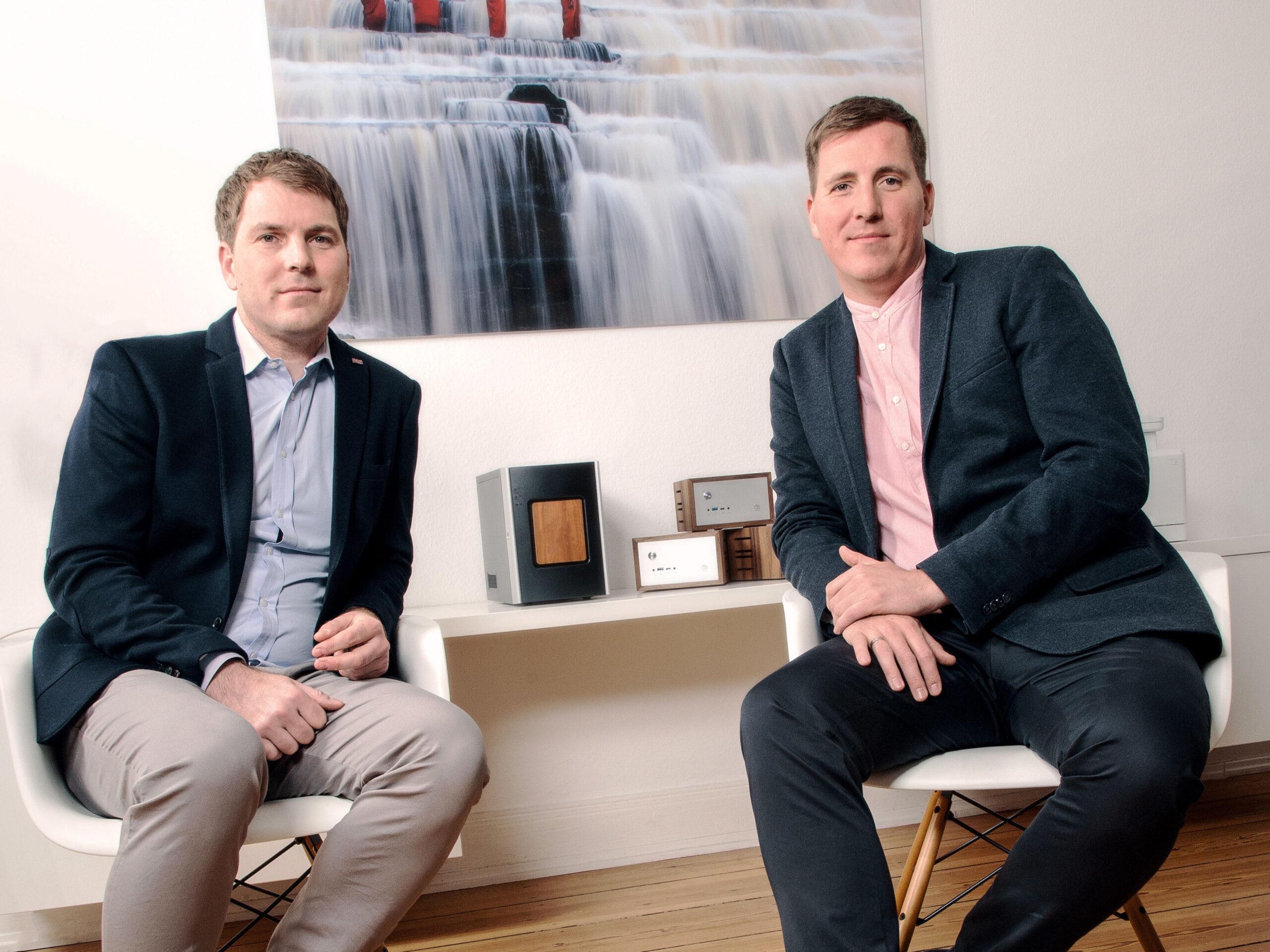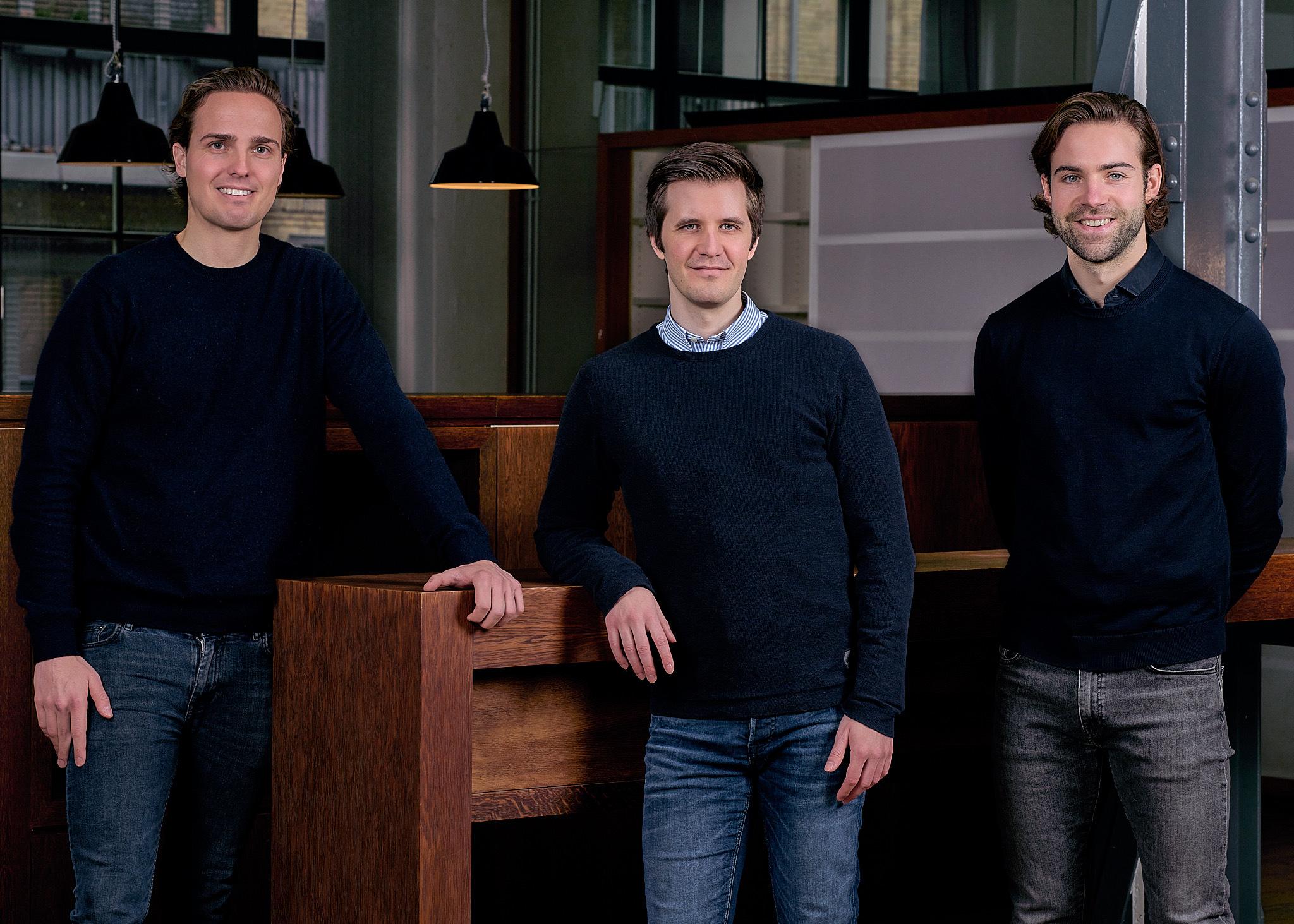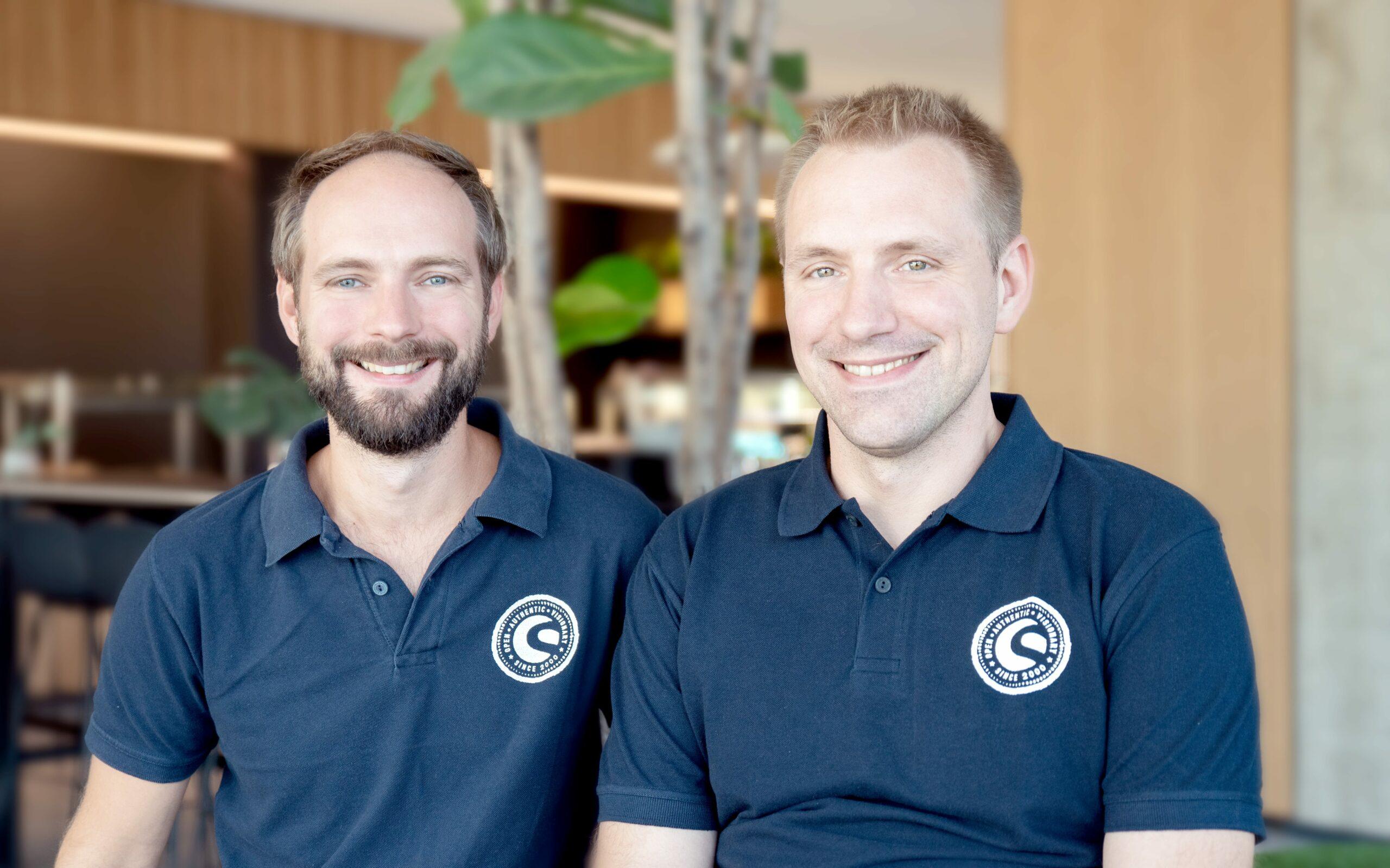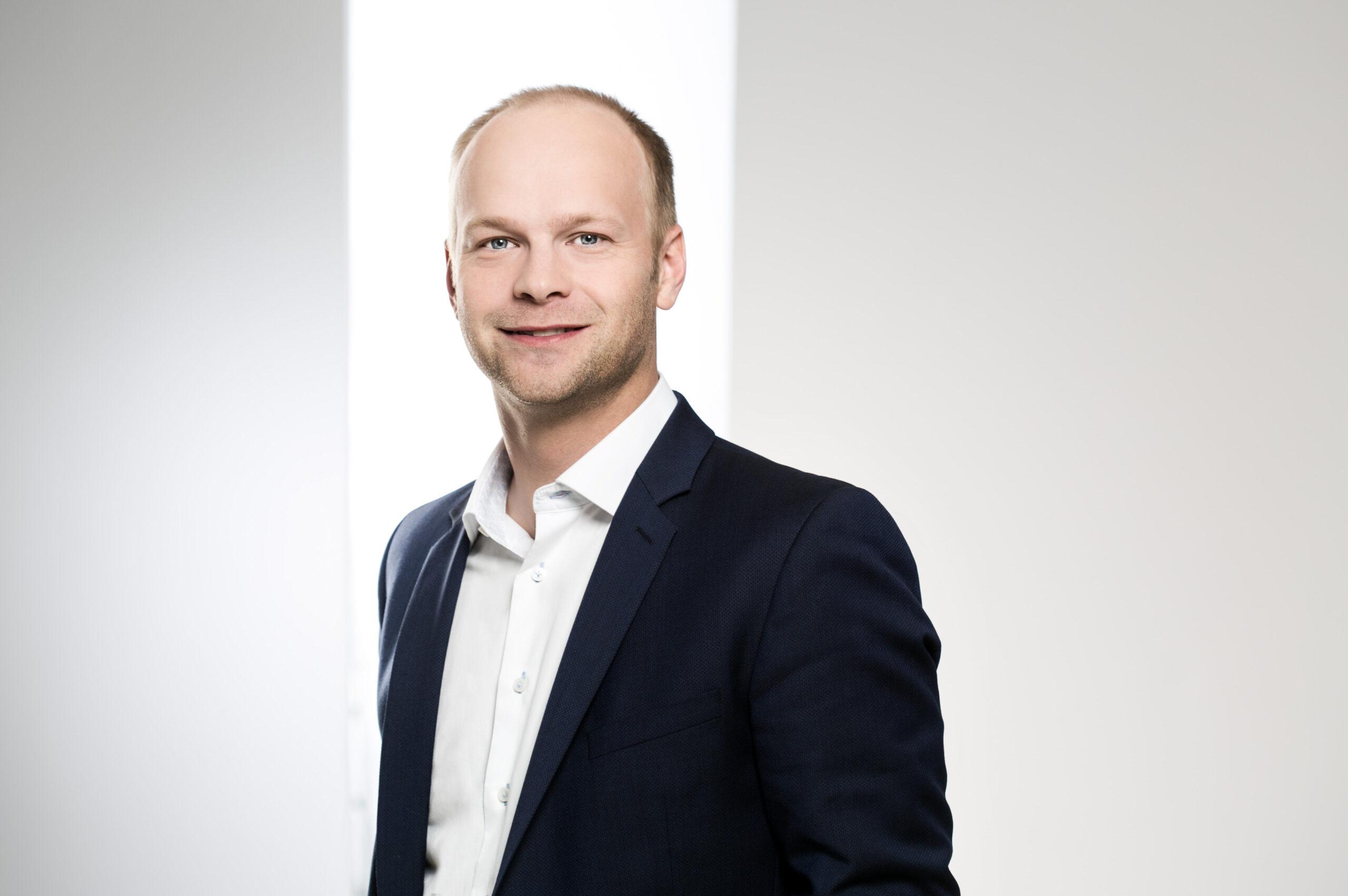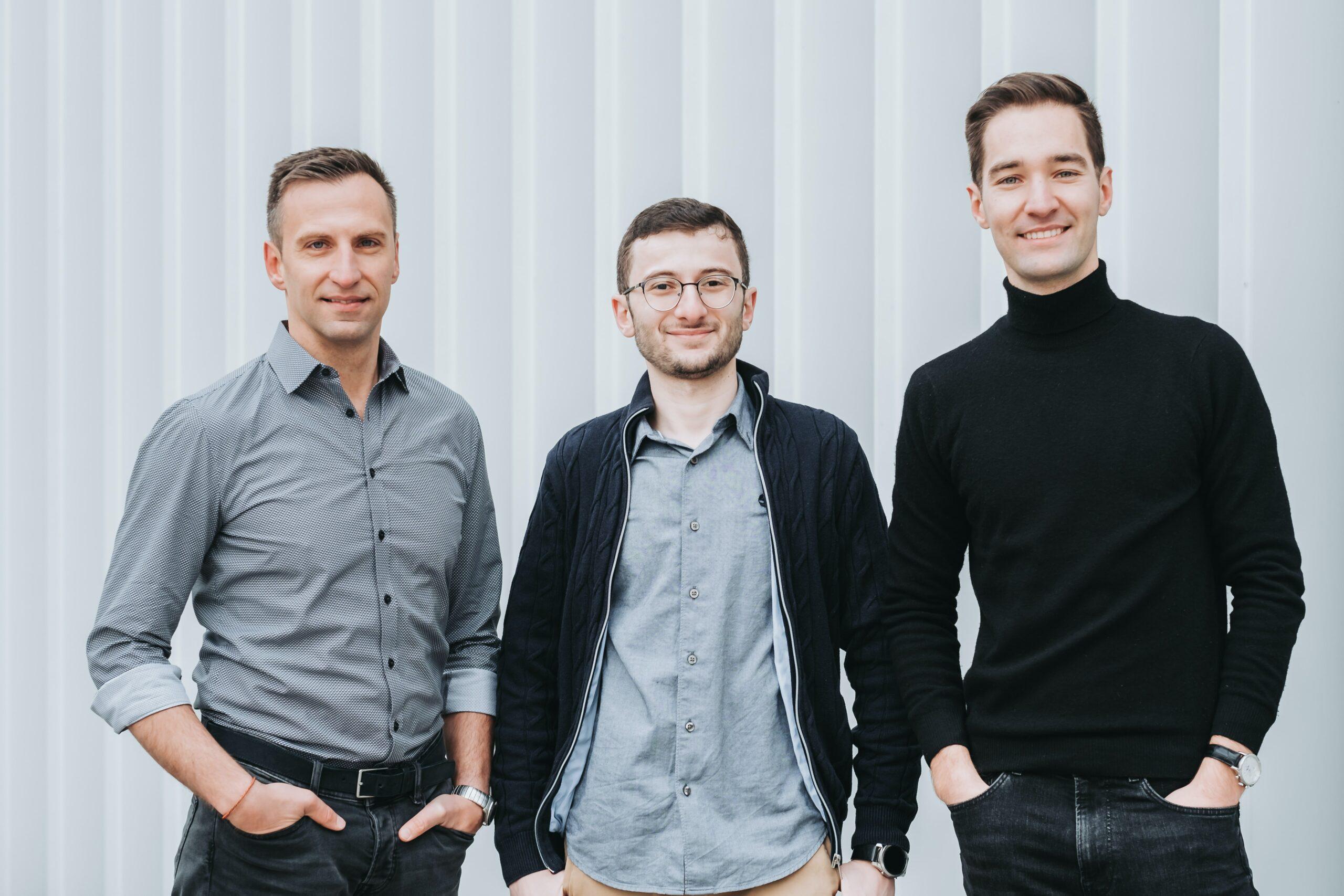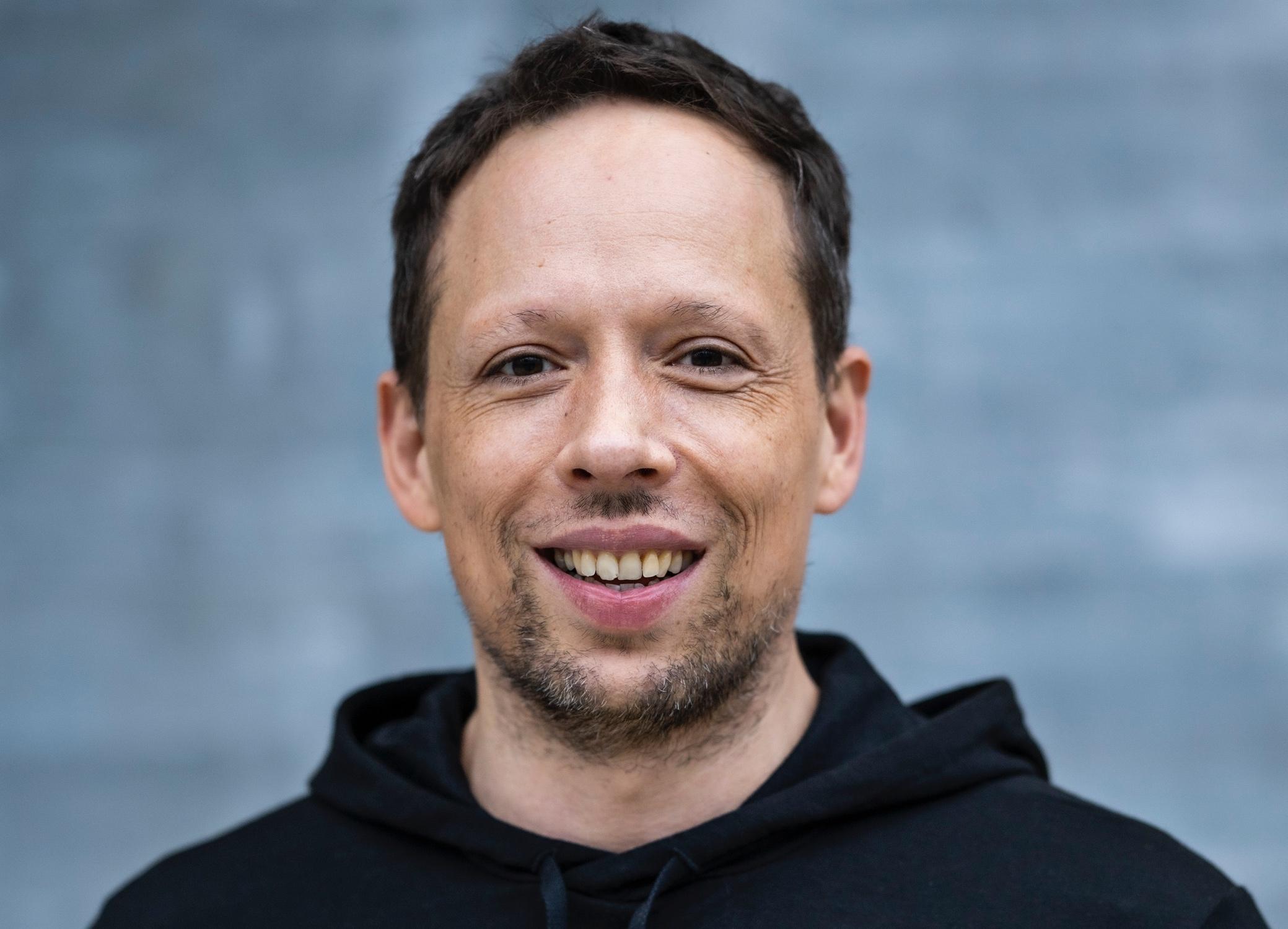Put an end to notes at meetings
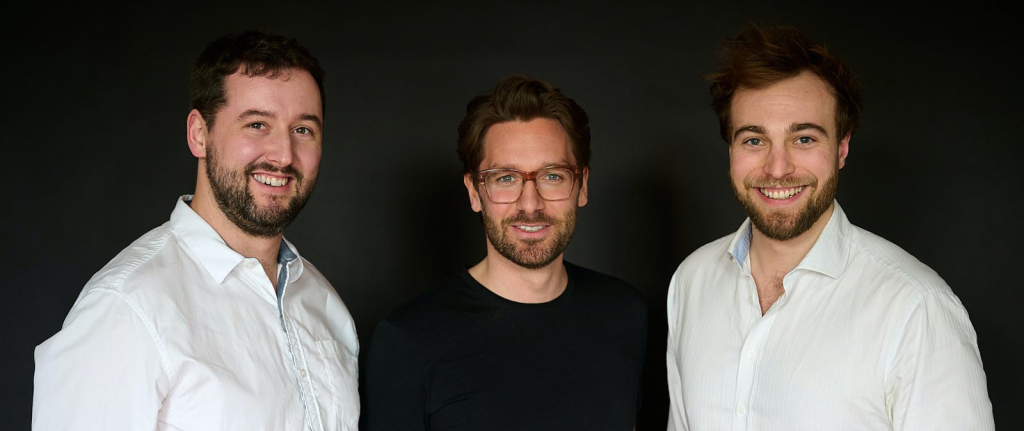
A constantly changing world, automation in everyday life and yet we sit in meetings for hours every day and shortly afterwards no longer know what it was all about. The founders of Tucan.ai Florian Polak, Michael Schramm and Lukas Rintelen want to have found a good solution for this. In this interview, they explain how they came up with their idea, why it is so unique and why falling flat on your face is simply part of the game. We also tested their software and were surprised.
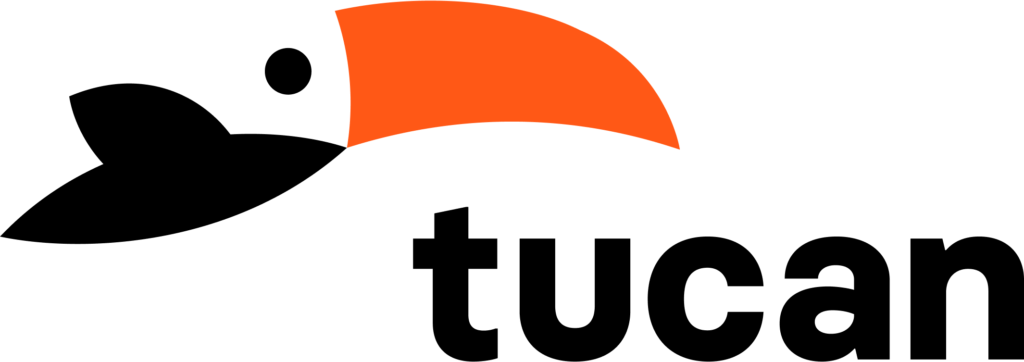
Why did you found your start-up?
There are many other companies that want to make meetings better with very different approaches. Most of them basically offer a transcription of the meeting, where you then receive a transcript after the meeting. The problem with this is that if we talk to each other for half an hour, you end up with 8-10 A4 pages, depending on how fast you talk. In the end, nobody ever looks at it again. We have focused on extracting the most important information from the conversation alongside the transcript and then presenting it clearly on one page. The whole thing works by means of speech recognition. In good German, this is called a "result protocol". At the end of a meeting, we provide you with both the verbatim transcript and a summary of the most important information from the meeting. The summary can then simply be sent to all participants of the meeting and even people who missed it know what the most important information from the meeting was.
How did you come up with the idea?
Originally, we did something a little different, namely a podcast platform called RecTag. We realized that we were having more and more meetings in one day. In principle, we were sitting in meetings for up to 18 hours a day. The bigger our team became, the more meetings we had. Corona has made this even worse, as the inhibition threshold for having online meetings has fallen even further. We then quickly started working internally on a way to improve the situation and last year we decided to focus on this and drive forward the technology in this area. We quickly received a lot of interest from customers, which is why we have now reached where we are today.
In a nutshell, how does Tucan work?
The whole thing works in two ways, i.e. our product can be used as a cloud solution or (for larger projects) can also be installed in the customer's system. The latter is only possible because we have developed the technology ourselves and in this case it is always personalized to the individual user. The meeting participants can control the recording. They can start and stop it, but also add things like "Hey Tucan, summarize the quote". Tucan learns from the feedback you give it after a meeting. In this way, Tucan is adapted more to the user's needs with every meeting.
You received funding last year. Could you perhaps tell us how you managed to convince the investors?
It was a long and hard road. As an AI startup, you have a long preparation time and a lot of development work. This means that before you can even get started, you theoretically need money. In the beginning, we had APX as an investor, back then as an accelerator from Axel Springer and Porsche. We then developed the program with relatively little money, which was quite difficult. We are working on difficult AI problems (speech recognition on the one hand and summarizing texts on the other). For the program, summarizing texts well means understanding linguistic context, which is very easy for us humans, but incredibly difficult for a computer. The exciting thing about this topic is that we are working at the forefront of enabling computers to actually understand us humans. The implications of this are huge! Over the last few months, we have acquired our first customers, who in turn have recommended us to other customers, and so our credibility has grown very quickly. In June of this year, we closed our first investment round and gained many well-known investors such as IBB Ventures, the Spanish VC investor Faraday and the corporate VC of Telefónica Wayra as main investors.
What motivated your customers to recommend you to others?
This was mainly for two reasons: our product is much more precise than other products on the market, especially in German (the calls are recognized correctly & the summary captures the most important points) and we are usually very fast in solving customer feedback. No software product is perfect, especially in the beginning. However, we were able to solve some issues particularly quickly for our customers (customers wrote to us and the problem was solved in under 15 minutes in some cases). Our learning here is that you can offer excellent service even with a less than perfect solution, especially in the beginning. The downside is that you sometimes have to work late at night or at weekends.
Could you describe one mistake you made in more detail that other start-ups could learn from?
A very important lesson that we only learned after making a few mistakes is how to conduct proper user interviews. We used to ask testers a lot of hypothetical questions (How would you use us? What other features would you need? etc.). The problem with hypothetical questions is that you never get any valid learnings that way. Instead, today we only ever ask about your current process in order to find out how our solution can add value here. One book that I wish I had read much earlier on this topic is the Mom Test.
Apart from Tucan, what other tools do you use in your day-to-day work that might also help others?
Our core topic with Tucan is to automate strenuous and repetitive cognitive tasks. Another tool we use and are super happy with is Getmoss, which automates many accounting processes. By using it, we save ourselves the position of an internal accounting department for the foreseeable future. Really great!
What are your next steps?
We currently have 16 people in our team, but we want to expand it even further and expand into other countries. We are currently looking for another person in Business Development to improve our acquisition structures.
Where do you see Tucan in five years' time?
In principle, we believe that the world of work we live in today will change fundamentally in the next five to ten years. All repetitive, cognitive work steps will be automated. The majority of our working time will simply be spent on things that could, in principle, be done better by a machine. In other words, we believe that automated processes such as Tucan will theoretically mean we all have to work less. Through Tucan, we will do our part because we are focusing on meetings and the idea of covering the meeting spectrum. We want to make life easier so that you can concentrate more on the things you enjoy and have fun with.
Thank you very much for the interview.
Our conclusion about Tucan:
After the interview with Lukas and Florian, we received the transcript of our conversation via Tucan. Almost everything that was said was reproduced 1:1 and the most important points were highlighted. Like any application in the test phase, Tucan is not without its flaws. Nevertheless, it provides an incredibly good basis for recapitulating meetings afterwards and sending minutes with the most important facts to all participants without any effort on your part.

Newsletter
Startups, stories and stats from the German startup ecosystem straight to your inbox. Subscribe with 2 clicks. Noice.
LinkedIn ConnectFYI: English edition available
Hello my friend, have you been stranded on the German edition of Startbase? At least your browser tells us, that you do not speak German - so maybe you would like to switch to the English edition instead?
FYI: Deutsche Edition verfügbar
Hallo mein Freund, du befindest dich auf der Englischen Edition der Startbase und laut deinem Browser sprichst du eigentlich auch Deutsch. Magst du die Sprache wechseln?








